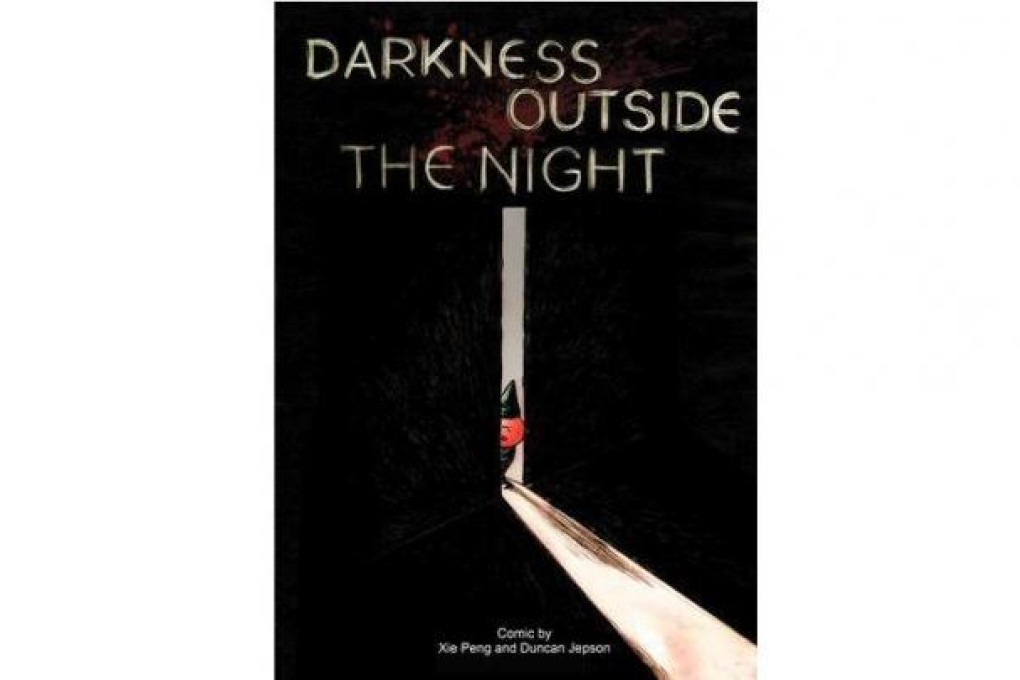Advertisement
Graphic novel: Darkness Outside the Night by Xie Peng
Xie Peng, it would appear, is not a happy man. His debut graphic novel Darkness Outside the Night is a sparse, hauntingly drawn journey through the tragic life of its protagonist, a tiny, childlike character who doesn't do much, but suffers all manner of mental and physical torment doing it.
Reading Time:3 minutes
Why you can trust SCMP

by Xie Peng
(text by Duncan Jepson)
Advertisement
Tabella Publishing
Advertisement
Xie Peng, it would appear, is not a happy man. His debut graphic novel Darkness Outside the Night is a sparse, hauntingly drawn journey through the tragic life of its protagonist, a tiny, childlike character who doesn't do much, but suffers all manner of mental and physical torment doing it.
Advertisement
Select Voice
Select Speed
1.00x